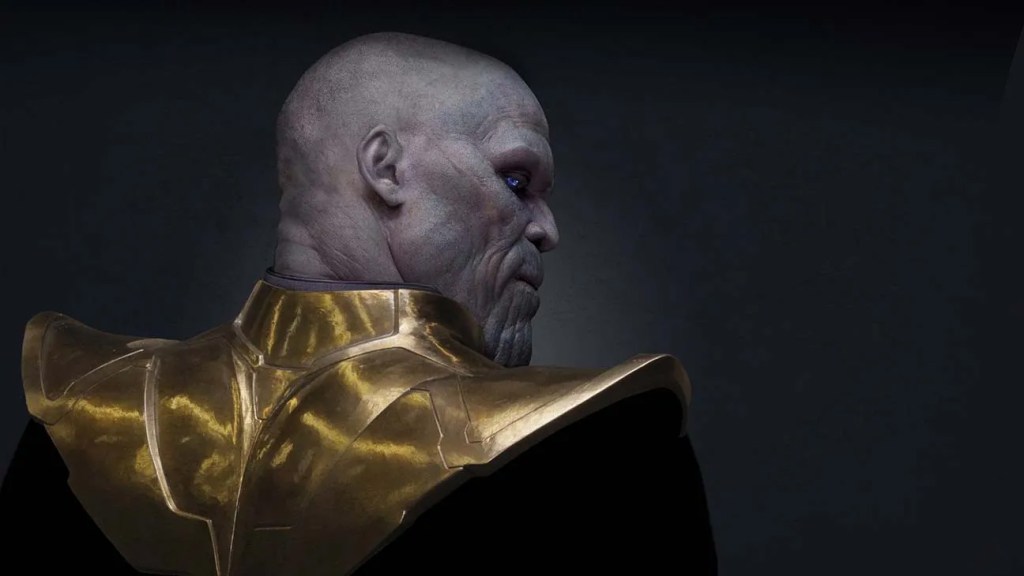In the next chapter of Big Entertainment vs. Big Tech, Disney and Universal have filed a lawsuit against artificial intelligence company Midjourney over tools that allow users to create images and videos that can manipulate famous characters at the click of a prompt.
The lawsuit, filed in U.S. District Court in Los Angeles on Wednesday by Disney Enterprises, Marvel, Lucasfilm, 20th Century, Universal City Studios Productions and DreamWorks Animation, describes the David Holz-run generative AI firm Midjourney as a “bottomless pit of plagiarism.”
Related Articles

The legal salvo marks the first major foray from Hollywood against tech giants that are hoping to reorient consumer habits with personalized entertainment and information by vacuuming up data on the internet and spitting it out in the form of chatbot copy or images. So far, Wall Street has bet big that AI will be a major economic driver in the future and AI companies have raised tens of billions of dollars to realize that vision.
Notably, major film and TV studios have not yet inked significant deals with AI companies to license their IP to these tech giants’ tools that are now used by millions of users. That marks a different tack from major media companies, which have largely decided to take checks to license content to companies like OpenAI versus spend millions fighting in court. (The New York Times is an exception, and it has spent $10 million-plus fighting OpenAI so far.)
The complaint from Disney and Universal details how Midjourney’s tools easily allow users to create image-based works based on the intellectual property of Disney and Universal — think: Darth Vader or Shrek at the beach, etc. This is commonly called “AI Slop,” and many likely already see it in their social media feeds.
“If a Midjourney subscriber submits a simple text prompt requesting an image of the character Darth Vader in a particular setting or doing a particular action, Midjourney obliges by generating and displaying a high quality, downloadable image featuring Disney’s copyrighted Darth Vader character,” the complaint reads.
The complaint offers AI-generated images of Vader, Wall-E, Stormtroopers, How to Train Your Dragon characters, Minions and Shrek and many more as evidence of copyright infringement perpetuated by Midjourney. And it singles out Star Wars character Yoda with a side-by-side comparison.
The Hollywood studios go on to allege that Midjourney is able to provide such outputs because its tools have already ingested copyrighted intellectual property across the web as training data. “Midjourney downloaded from the internet, and other sources, content using tools variously described as bots, scrapers, streamrippers, video downloaders, and web crawlers,” the complaint says, alleging that the AI company’s CEO David Holz “admitted that to collect the training data, Midjourney ‘pulls off all the data it can, all the text it can, all the images it can.’”
The studios also claim that Midjourney then “cleaned” and converted digital files of copyrighted intellectual property to use in its training data so that its tools could then provide outputs allowing users to create things like personalized Yoda, Vader or Shrek images. “When a subscriber enters a prompt for an image of Spider-Man, Minions, Iron Man, or any of Plaintiffs’ countless copyrighted characters, Midjourney creates yet another copy of that character which it publicly displays and/or distributes via download,” the complaint reads.
The lawsuit highlights that not only does Midjourney allow the creation of these works based on Disney and Universal’s copyrighted characters, the AI company goes further by having them displayed in its “Explore” section of its website — a sign that, the studios say, Midjourney is fully aware of what its product does and is capitalizing on the plagiarism.
“Midjourney’s publication and curation of infringing images on the Explore page show that Midjourney knows that its platform regularly reproduces Plaintiffs’ Copyrighted Works, and that the Explore page is intended to advertise Midjourney’s ability to infringe the Copyrighted Works,” the complaint reads.
And the complaint goes on to alleged that Midjourney has the tools in place to prevent outputs that run afoul of copyrighted intellectual property, but it choose to not enact them. “Midjourney controls, and has the ability to control, generative outputs through readily available technical protection measures,” the studios argue. “Despite having the ability to do so, Midjourney has affirmatively chosen not to use copyright protection measures to limit the infringement.”
The top legal officer of Disney put it more simply in a strongly-worded statement accompanying the lawsuit: “Piracy is piracy.” Using that phrasing frames the fight against Midjourney in familiar language to the studios’ lobbying group, the Motion Picture Association, which also talks up its fight against piracy. But the MPA, so far, has mostly gone after websites that show unauthorized movies and TV shows, not AI companies, despite the prevalence of users flocking to AI-powered tools.
“Our world-class IP is built on decades of financial investment, creativity and innovation—investments only made possible by the incentives embodied in copyright law that give creators the exclusive right to profit from their works,” stated Disney general counsel Horacio Gutierrez. “We are bullish on the promise of AI technology and optimistic about how it can be used responsibly as a tool to further human creativity. But piracy is piracy, and the fact that it’s done by an AI company does not make it any less infringing.”
The full complaint is below:

